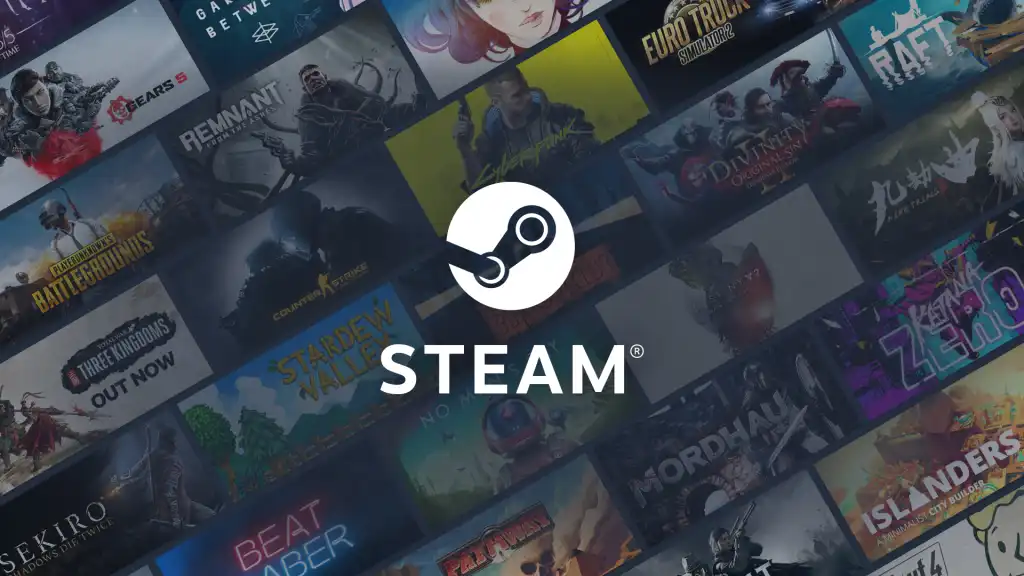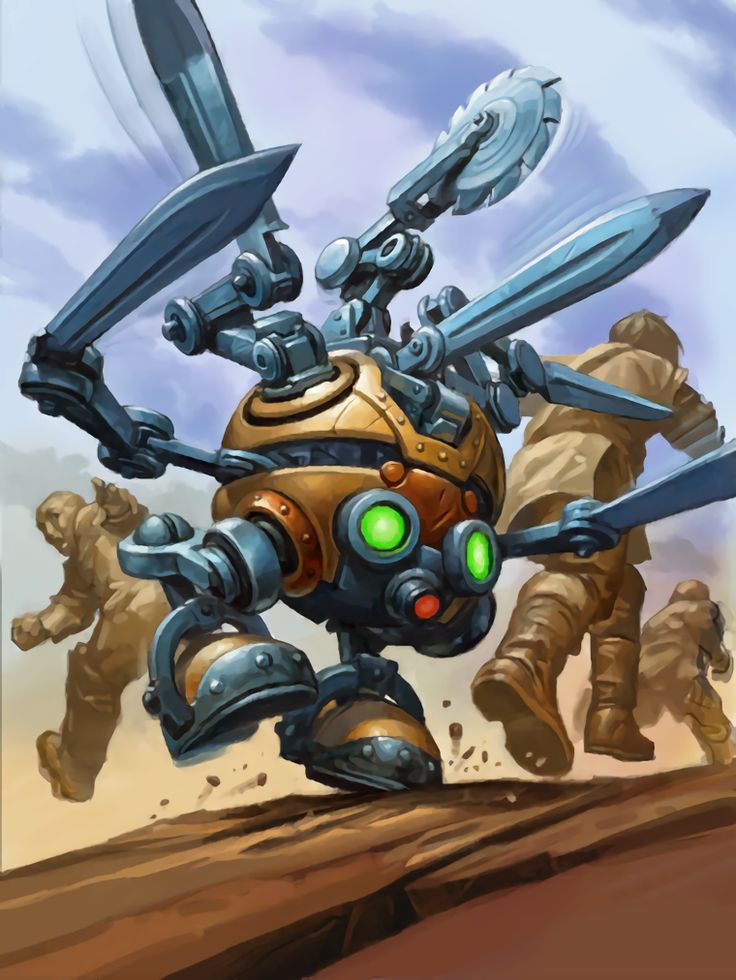UPDATE: I wrote this before Valve issued their new policy surrounding AI-generated assets on Steam. Their policy has since changed in that instead of rejecting games outright that make any use of AI-generated assets, they’re now requiring developers to disclose how AI was used. You can read more about this new rule here.
AI-generated assets are a relatively new technology in the game development world, and face a lot of legal and moral questions that still have to be resolved. There are legal risks in using AI-generated art such as the possibility of infringement as well as questionable IP ownership issues. These are all risks that any game developer would be better off avoiding.
Still, with all of these unresolved legal questions – most prominently whether or not incorporation of art into a data set is even infringement – it’s understandable that some companies are hesitant to allow generative art onto their platforms. While many companies are grappling with how to address AI art, Valve, a major player in the PC gaming space, has applied existing policy to this nascent field.
Steam Has Begun Rejecting Games That Use Assets Generated by AI
Steam is a massive player in the PC gaming marketplace. While there are alternatives to selling your game through platforms like itch.io or the Epic Games Store, Steam’s massive user base means that you really do have to make selling on Steam a priority if you want to see any sort of success on the PC platform. Valve, who operates the storefront Steam, has taken a tentative position with regard to AI-generated art being sold on its platform.

A game developer posting on Reddit shared that Valve rejected their game from their Steam storefront due to assets that were obviously generated by AI. The poster says that Valve said they “cannot ship games for which the developer does not have all of the necessary rights” and that assets in the game appear “to be relying on copyrighted material owned by third parties.”
After receiving this notice, the poster improved those pieces generated by AI to avoid obvious signs of AI, but their game was rejected anyway, with an offer to refund the (usually non-refundable) Steam Direct Fee.
In a statement with Ars Technica, Valve confirmed this story, and stated that they will be blocking games that use assets generated by AI unless “developers can prove those AI models were trained with data that does not infringe on existing copyrights.” Valve’s goal is not “to discourage the use of [AI-generated content] on Steam” but that their “review process is a reflection of current copyright law and policies, not an added layer of [their] opinion. As these laws and policies evolve over time, so will [their] process.”
Steam is Not Creating New Rules for AI, Only Enforcing Existing IP Rules
What’s interesting about this change in policy is that it’s no change at all. Steam isn’t creating a new rule against AI art in games on the platform, just applying an existing rule that requires developers to have adequate rights to the content they’re publishing.

The issue isn’t AI-generated assets in a game, it’s the underlying datasets used to generate those assets. This isn’t an AI issue, it’s a copyright issue. Valve did not tell the developer in the original post that they couldn’t publish a game with AI-generated assets, only that they couldn’t rely on “copyrighted material owned by third parties.”
The situation would be different if a studio created its own model using assets that they own the rights to. Blizzard plans to do this with their internal AI art generator called Blizzard Diffusion, where all of the art in the data set is owned by Blizzard, likely as a work made for hire, which would avoid contract issues with the original artists. Remember, Valve’s policy isn’t that no AI-generated work can be published on Steam, only that you have to own the rights to what you publish.
The law surrounding AI-generated art is currently unsettled. Whether or not the incorporation of art into a dataset used to train an AI model is infringement or not still has to be settled by courts, in addition to the questions of whether or not copyright can even protect AI-generated art. Valve can’t settle this question, and doesn’t want to be held secondarily liable for publishing infringing works, so this policy makes sense until courts can arrive at a different conclusion.
How Will Steam Enforce Rules Against AI-Generated Art?
There is a natural question from all of this. How will Valve know? The original poster disclosed that they used AI art in their game and that there were obvious signs of AI generation, like badly drawn hands. In addition, other games already exist on Steam that make use of AI art. How can Valve possibly hope to detect every instance of AI-generated art on the platform, especially as these models improve?
The answer is that Valve can enforce this rule exactly as they enforce other existing copyright rules. Manual review can detect some obvious infringement, and developers must attest that they own the necessary rights when they publish their game. If any claims against a game on Steam arise from artists whose art is incorporated into a model, they’ll likely be taken off of the platform until the dispute is resolved as with any other copyright request.
The reality is that Valve can’t hope to enforce this policy perfectly, as with any other policy. Valve will do the best they can, and take things down as requested and required. However, by doing what they can with policy and requiring developers to own the necessary intellectual property to the games that they release Valve has limited its own liability against any potential secondary infringement.
What is the Future of AI-Generated Assets?
For now, Valve has favored caution until courts decide what to do about AI and copyright. While AI is not completely banned on the platform, nothing has changed with its ability to generate assets – you still have to have IP ownership of the assets that make up your game.
If you’re a developer, you should probably steer clear of any AI-generated assets until the law settles. Any sort of infringement is a situation you’d be better off avoiding in a business that’s so reliant on intellectual property.
